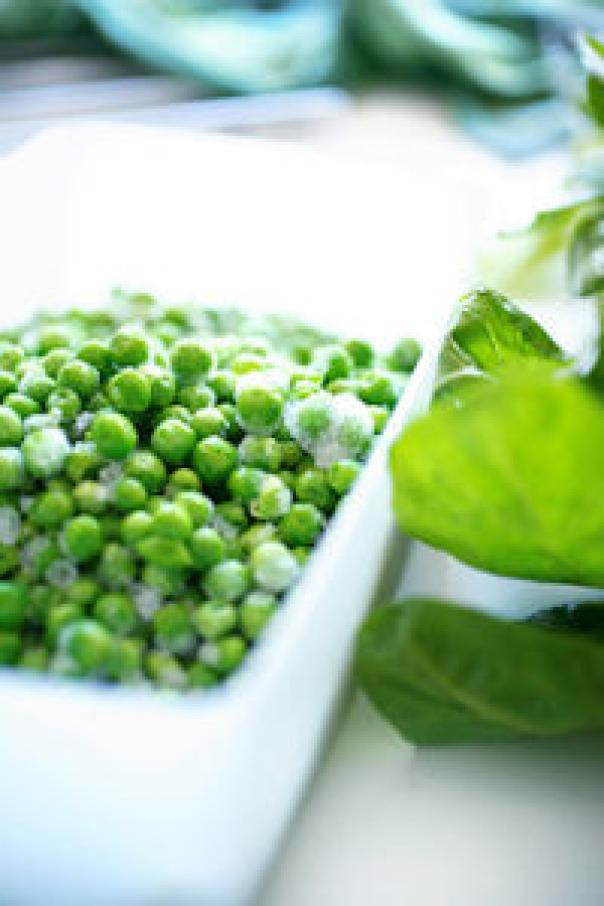
Following a study of 2,000 adults, the frozen food producer decided to debunk the myths surrounding frozen food.
It found that four in ten thought that they are not supposed to heat food from frozen, and one in four believed that frozen food can be thawed and re-frozen, which is false as it needs to be cooked before being re-frozen.
Dietician and health writer, Laura Tilt, said: Many, but not all, foods can be cooked from frozen.
“Examples include chicken breasts, mince, pizza, fruit and vegetables, fish and ready meals.
“The best advice is to check the packet of the food for specific cooking and heating instructions.”
It also discovered that two thirds did not think that all types of food can be frozen, when in fact, only a few foods are not ideal for freezing.
Eggs, both raw and cooked, or vegetables with a high water content should not be frozen, as they tend to go mushy upon defrosting.
Other key findings included:
- Two fifths believed that frozen foods were filled with preservatives to give them a longer shelf life.
- 12% were not aware that frozen food could be part of a healthy diet.
- One in 12 thought frozen food does not last as long as a fresh product
- 10% believed frozen food was more expensive
- 38% thought that they could not keep frozen food past its expiry date, when they could, although the quality will deteriorate.
- 41% believed that it was dangerous to defrost certain types of food on the counter.
Tilt added: “Two fifths of Brits believe frozen foods are filled with preservatives but the actual freezing process preserves the food, so added preservatives aren’t required.
“Similarly, one third reckons the foods in your freezer are packed with salt but frozen foods don’t actually contain any more salt than fresh. And some frozen foods, like fruit and vegetables, don’t contain any salt at all.
“It’s helpful to look at nutrition labels if trying to cut down your salt intake – both of fresh and frozen foods."
The study also found that, as a nation, Brits get though 300million frozen food items a week, from frozen fruit and veg to frozen fish.
Six in 10 said there were certain foods they would prefer to buy frozen, with peas out on top as the most regularly consumed frozen food. “
Top 20 most popular freezer foods:
- Peas
- Chips
- Ice-cream
- Fish fillets
- Bread
- Pizza
- Sausages
- Plain chicken
- Fish fingers
- Ready meals
- Breaded chicken
- Burgers
- Ice lollies
- Yorkshire puddings
- Sweetcorn
- Green beans
- Broccoli
- Carrots
- Roast Potatoes
- Desserts